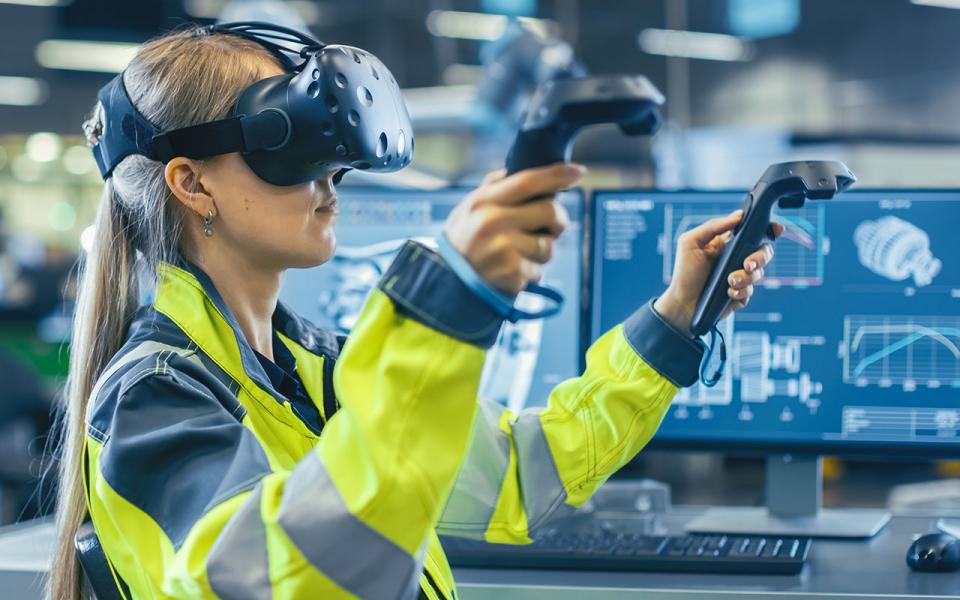This TETRA project, supported by the Innovation & Enterprise Agency, will introduce AI and 3D scanning techniques in the development of VR training. Through Proofs of Concept (POCs) and user cases, it will illustrate how VR training can be made more effective to optimise motivation and knowledge transfer among employees. This project initially targets 50 SMEs that develop VR training simulations. In addition, 129 training and education centres that offer training and issue certificates belong to the target group. Finally, a third group is formed by the 13,716 Flemish SMEs and 1,454 large companies in the industrial sector.
The project has the following objectives:
- Development of 2 adaptive VR-training courses (POCs) that increase the learning efficiency with 15%, verifiable by an impact study.
- User manual for trainers within industry and training centres to train employees more efficiently in order to achieve the necessary behavioural change. Open source AI module (Machine Learning Algorithm) for adaptive VR simulation.
- Sandbox for user testing by researchers and students to measure the learning efficiency of adaptive VR training in the Immersive Lab (AP) or on the workfloor (with guidance group).
- User manual for 3D scanning of training objects/spaces and integration into VR workflow.
- Connecting stakeholders (VR and AI companies, training centres and businesses) and creating a dynamic that initiates training innovation in Flanders. Providing tools for innovative learning methods. Convince to invest more in training, measurable through survey.
Expected results and impact:
With the stimulus of this TETRA project, Flemish VR companies will gain a leading role in AI-driven VR training, allowing them to compete with other (international) manufacturers. A second economic impact concerns the training potential of Flemish (industrial) companies, i.e. increased motivation and learning efficiency of employees thanks to adaptive VR training. This will translate into better success rates and thus a lower cost price for the employer. A social impact concerns a change in mentality among employers and employees so that there is more focus on training and 'lifelong learning'. The results will be disseminated mainly through the training centres and sector organisations. There is a flow to education through various Bachelor of Science and Technology (AP) programmes.
More information? Mail to Silvia Van Aken (project manager)







